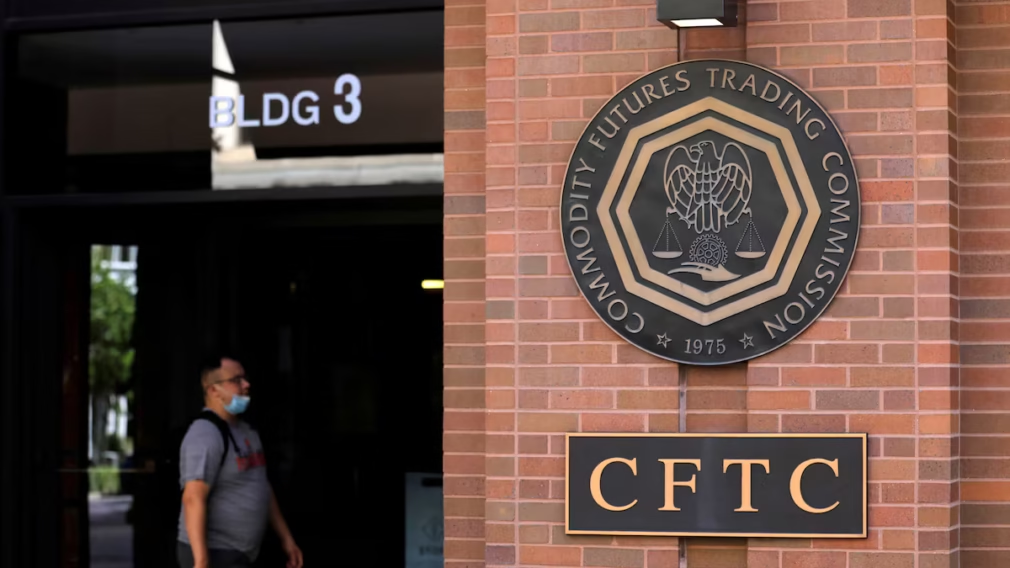Senators Circulate Draft Letter Challenging CFTC Over Prediction Markets
A group of U.S. senators, led by Catherine Cortez Masto (D-Nev.) and John Curtis (R-Utah), is preparing a letter that questions how the Commodity Futures Trading Commission (CFTC) is handling prediction markets, particularly sports-event contracts. The move was first detailed in the latest InGame report.

Draft Letter Raises Questions About CFTC’s Role
According to sources on Capitol Hill, the draft letter has been circulating among lawmakers to gather signatures before it is sent to acting CFTC Chair Caroline Pham. It lays out 11 questions that challenge the agency’s policies and timing, with senators considering an October 23 deadline for responses.
The draft warns that CFTC’s current approach could “override” state and tribal law by indirectly allowing products tied to sports betting that would normally be regulated by states or tribal authorities. Lawmakers argue that this risks “federalizing” an area of law the Supreme Court left to states after striking down PASPA in 2018. They also point to operators marketing sports wagers as “event contracts” to avoid state licensing, age checks, anti-money-laundering rules, and other consumer safeguards.
Industry Context: Sports Event Contracts on the Rise
Senators cite a surge in sports-event contracts since late 2024. Kalshi’s NFL-themed markets, for example, made up more than 80% of its transactions by September 27. Other platforms such as Crypto.com are active, while Polymarket is reportedly preparing a U.S. relaunch. Underdog supplies technology for some of these offerings, and FanDuel has announced a tie-up with CME to enter prediction markets.
Licensed sportsbooks and tribal operators argue that prediction platforms enjoy a regulatory loophole. They say federal oversight by CFTC lacks the consumer protections built into state systems, from problem-gambling warnings to integrity monitoring. Several tribes and state attorneys general have already taken Kalshi to court, claiming its sports contracts violate local law.
The letter asks the agency to explain when it will enforce Rule 40.11, how it will ensure athletes and officials aren’t manipulating outcomes, and whether it views sports wagers as entertainment or as financial products.
Recommended
